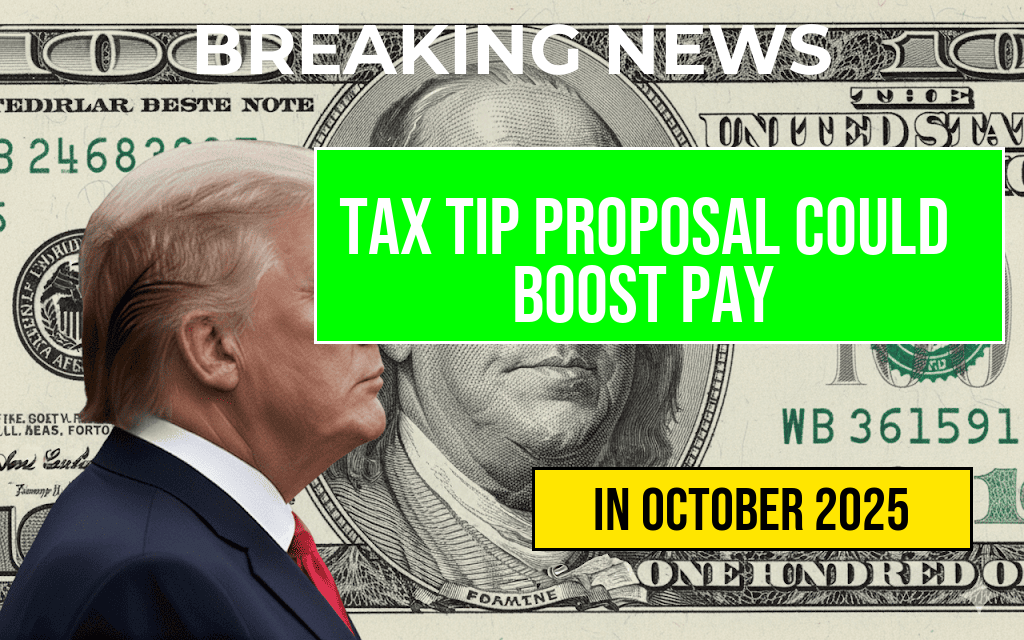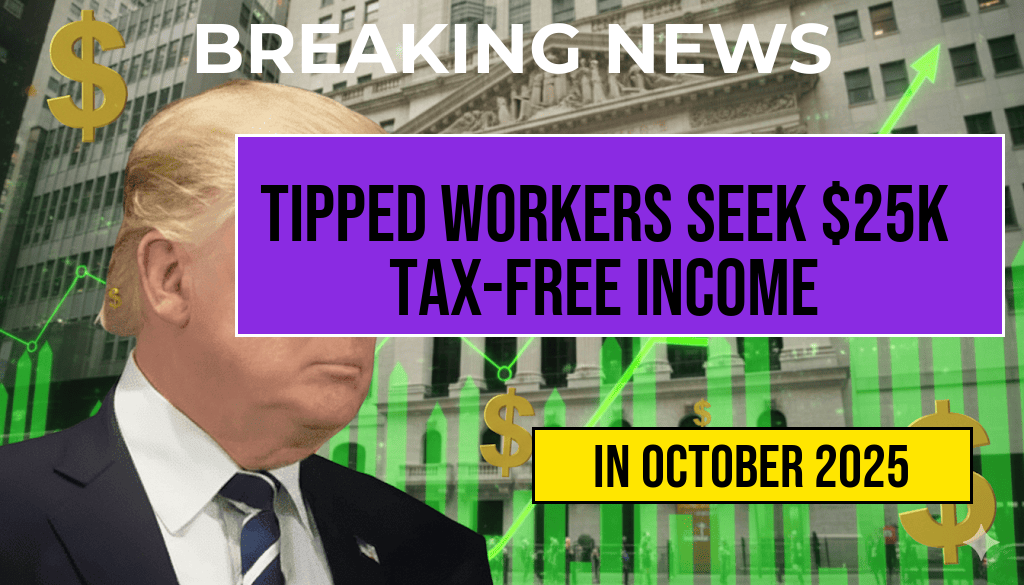Florida’s Minimum Wage Rise to $14 an Hour Could Significantly Increase Full-Time Workers’ Annual Income
Florida’s recent move to raise the minimum wage to $14 an hour promises a notable impact on thousands of full-time employees across the state. As of January 1, 2024, the increase from the previous $13.75 rate is expected to boost the annual earnings of full-time workers by approximately $2,080. This change aligns Florida with a broader trend among states seeking to address cost-of-living challenges amid rising inflation. For many workers, especially those in low-wage sectors, the adjustment could translate into a more stable financial footing, affecting everything from household budgets to local economies.
Details of the Wage Adjustment and Expected Financial Benefits
The Florida minimum wage increase is part of a scheduled annual adjustment mandated by the state’s laws, which tie minimum wage rates to inflation. The latest hike reflects a 2.9% increase over the previous year, bringing the statewide minimum to $14. For a full-time employee working 40 hours weekly, this translates into an additional $0.25 per hour, or roughly $1,040 per year, before taxes.
| Wage Rate | Weekly Earnings | Annual Earnings (52 weeks) |
|---|---|---|
| $13.75 | $550 | $28,600 |
| $14.00 | $560 | $29,120 |
With this adjustment, full-time employees earning the new minimum wage will see their annual income increase by approximately $2,080. This figure assumes consistent 40-hour workweeks without unpaid time off. While the increase may seem modest on a weekly basis, it accumulates over the year, providing additional funds that can ease financial pressures for many households.
Economic Impact and Broader Context
Analysts suggest that the wage hike could have ripple effects throughout Florida’s economy. Increased earnings for lower-wage workers tend to boost consumer spending, which can support local businesses and create additional job opportunities. However, some employers may face higher labor costs, potentially leading to adjustments in staffing, hours, or pricing strategies.
According to the Wikipedia page on minimum wages in the U.S., states that have increased their minimum wages often see a decline in employee turnover and an improvement in productivity among low-wage workers. Florida’s decision aligns with a national pattern of states gradually raising wages to match rising living expenses, although debates about the impact on employment levels persist among economists.
What Workers Can Expect Moving Forward
For many, the wage bump introduces a measure of financial relief. “Any increase helps when you’re trying to make ends meet,” said Maria Gonzalez, a cashier in Orlando. “It might not solve everything, but it makes a difference.” Such sentiments highlight the importance of these adjustments in supporting the economic stability of Florida’s essential workforce.
Employers are advised to review their payroll structures and ensure compliance with the new minimum wage standards. The Florida Department of Economic Opportunity provides guidance and resources to assist businesses during this transition, emphasizing the importance of fair labor practices and adherence to state laws. More details can be found on their official website.
Looking Ahead
The scheduled annual increase to Florida’s minimum wage reflects ongoing efforts to adapt to economic conditions and improve worker livelihoods. While the immediate financial benefits for full-time employees are clear, the long-term effects on employment rates, business competitiveness, and overall economic growth will continue to unfold over coming months. Stakeholders across the spectrum are closely watching how such policy changes influence Florida’s economic resilience in an increasingly complex financial landscape.
Frequently Asked Questions
What is the new minimum wage in Florida?
The minimum wage in Florida will increase to $14 per hour, providing higher earnings for full-time employees across the state.
How much could full-time employees’ annual earnings increase due to this wage hike?
Full-time employees could see an annual earnings boost of approximately $2,080, based on the wage increase and standard work hours.
When will the Florida minimum wage increase take effect?
The wage increase is scheduled to take effect on September 30, 2023, aligning with Florida’s annual minimum wage adjustments.
Will the wage increase affect part-time workers as well?
Yes, part-time workers earning less than the new minimum wage will also benefit from higher pay rates, improving their overall earnings.
Are there any potential impacts on businesses due to the minimum wage increase?
Some businesses might experience higher labor costs, but the wage increase could also boost employee productivity and reduce turnover, potentially offsetting expenses.










